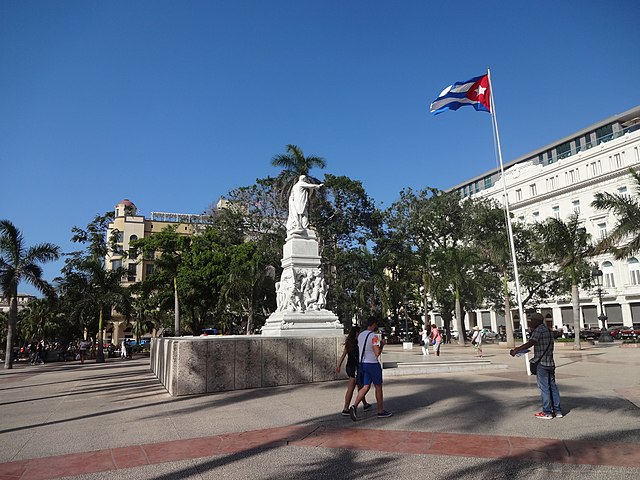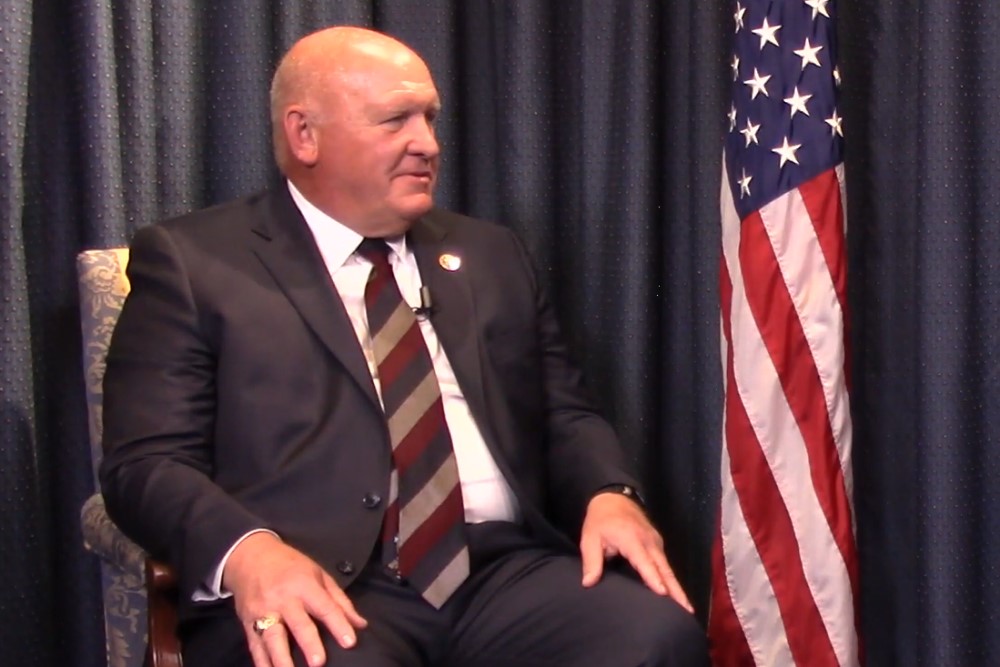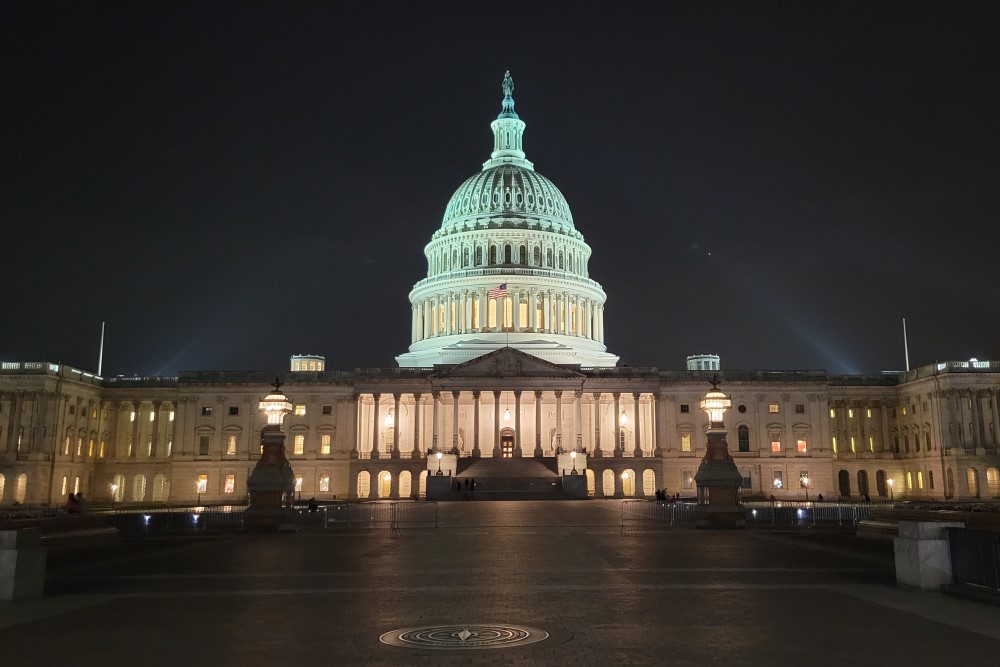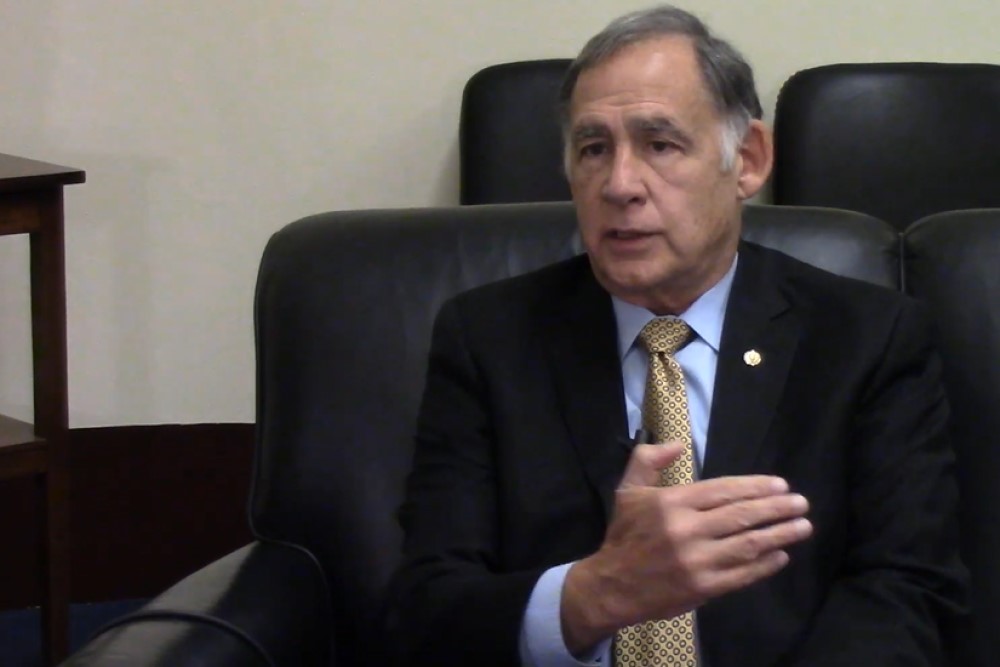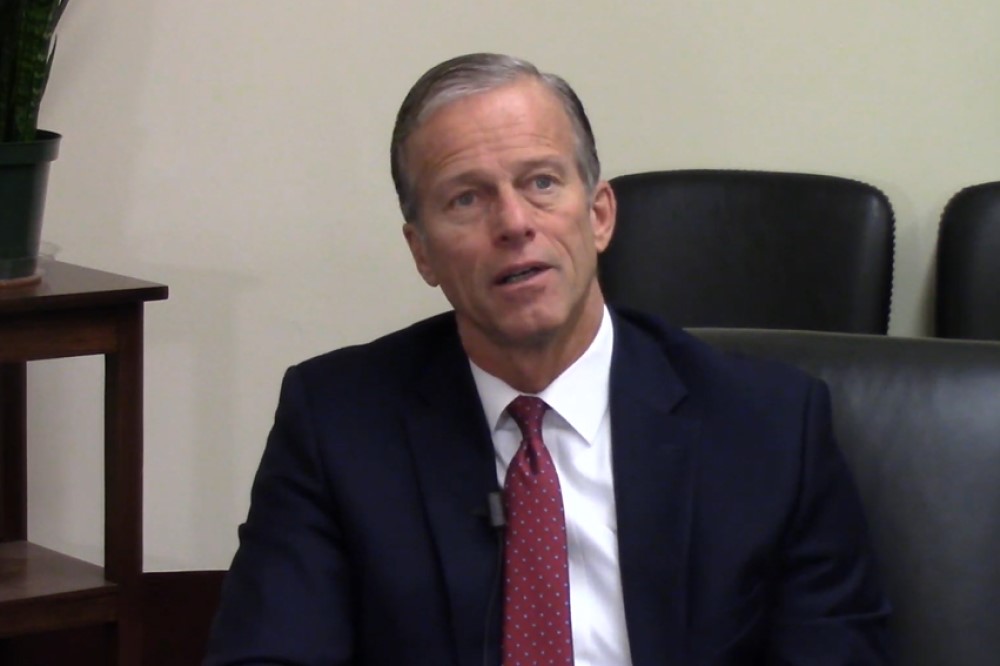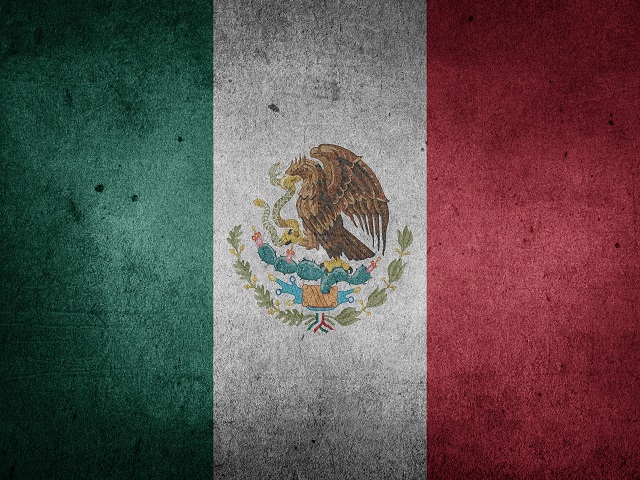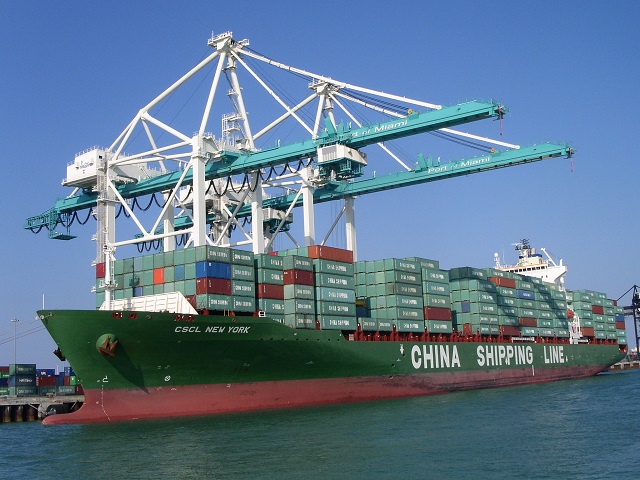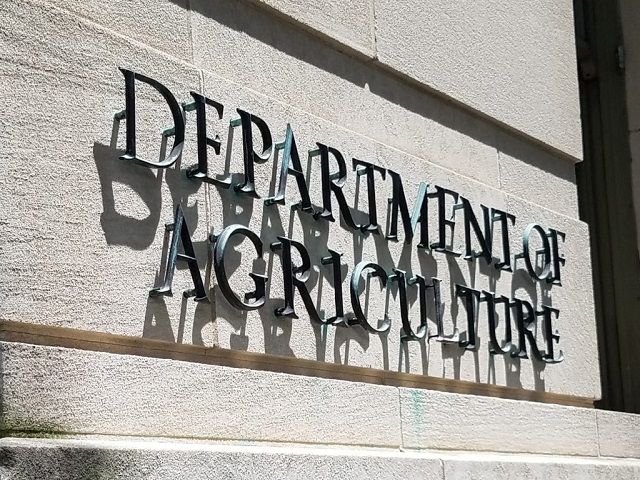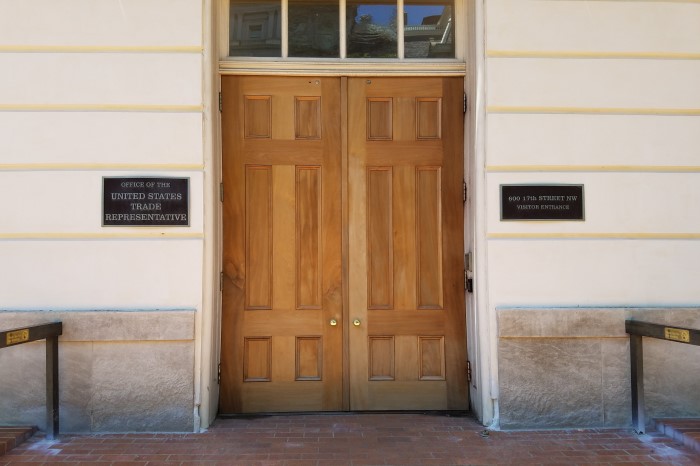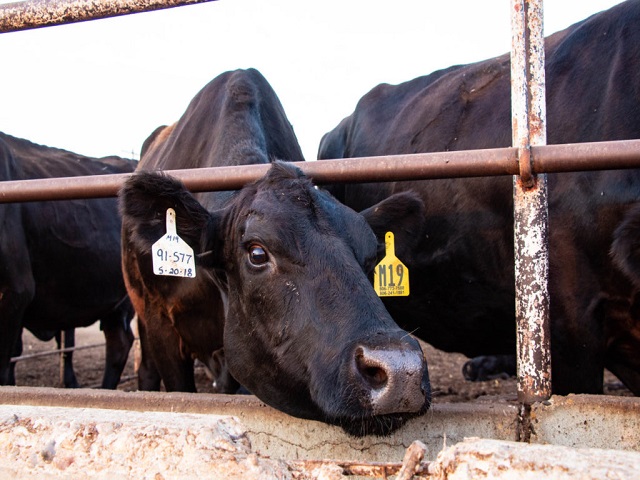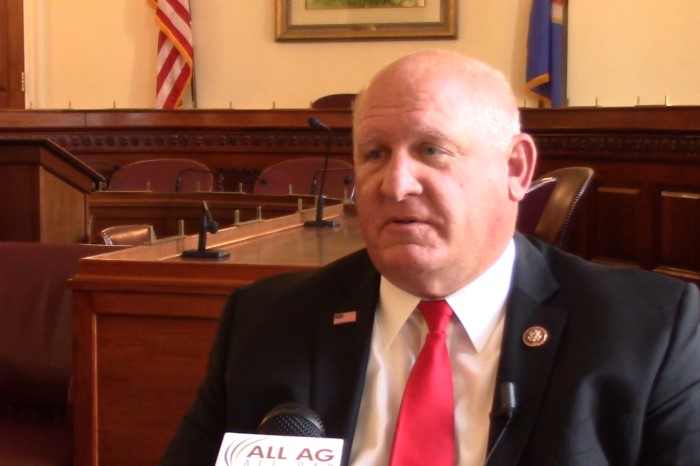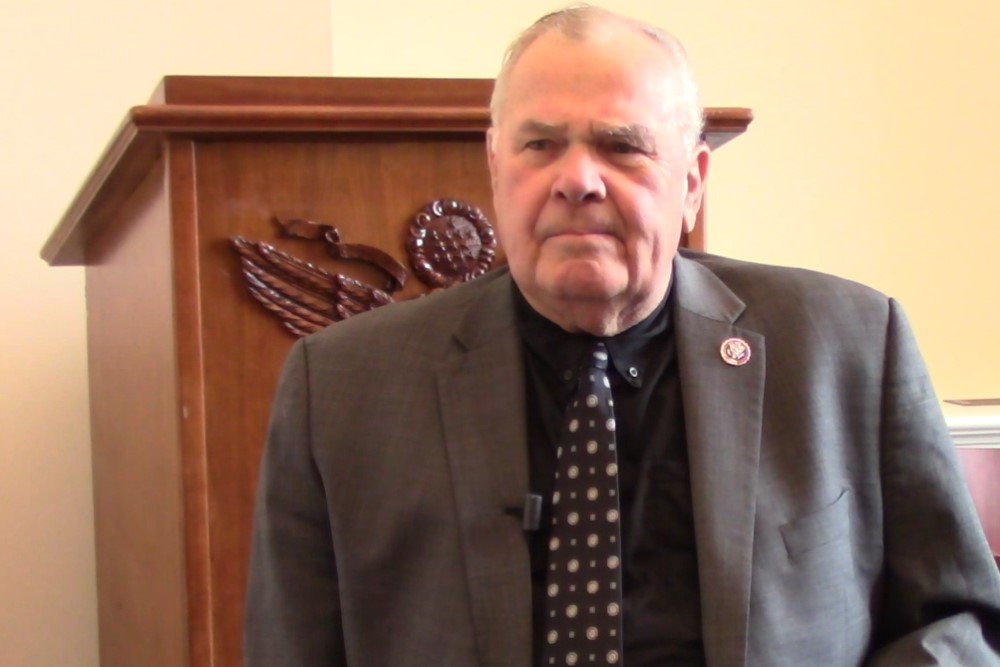Bipartisan Legislation Aims at Ending Cuban Trade Embargo
WASHINGTON, DC – A bipartisan group of Senators has introduced the Freedom to Export to Cuba Act which repeals the current legal restrictions against doing business with the island nation, including the original 1961 authorization for establishing the trade embargo.
Sen. Jerry Moran (R-KS) is joined by Sen. Amy Klobuchar (D-MN) and Sen. Patrick Leahy (D-VT) in calling on Congress to eliminate the legal barriers to Americans doing business in Cuba and pave the way for new economic opportunities by boosting U.S. exports and allowing Cubans greater access to American goods. The legislation repeals key provisions of previous laws that block Americans from doing business in Cuba, but does not repeal portions of the law that address human rights or property claims against the Cuban government.
Cuba relies on agriculture imports to feed its population of 11 million people and the four million tourists, on average who visit the country. The U.S. International Trade Commission found that if restrictions on trade with Cuba had been lifted, exports like wheat, rice, corn, and soybeans could increase by 166 percent within five years to a total of about $800 million.
Interestingly enough, a recent government report on trade between the two nations found that in April, U.S. food and ag exports eclipsed $32 million, almost doubling the exports from April 2019 – prior to the pandemic – and more than 177 percent higher than the exports in 2020.
Major exports, according to the report include frozen chicken leg quarters, chicken meat, and chicken legs; soybeans; wood pulp; organic roasted coffee; corn chips; cereal; and toilet paper. Exports of ag products over the past 20 years to Cuba are just shy of $6.4 billion.
(SOURCE: All Ag News)





